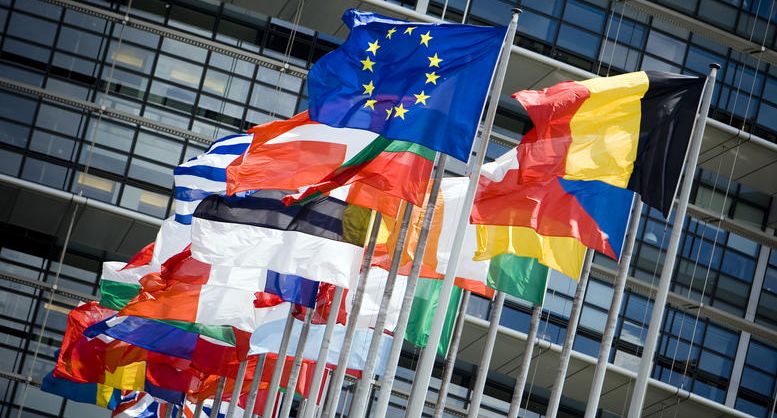Research published by the Bertelsmann Foundation on Monday shows that Germany and Denmark benefited the most from the single market after twenty years. Denmark gained €500 a year per capita and Germany gained €450 per capita. The lowest beneficiary was the UK, with an estimated benefit of a mere €10 per capita.
EuroActive Germany reports that the internal market boosted Germany’s economic performance by an additional €37 billion on average.
One of the primary goals of the European internal market, concluded in 1992, was to raise the economic prosperity of EU citizens. According to Thie Petersen, an economic analyst at the Bertelsmann Foundation, the internal market has managed to do that, however the positive effects are less prominent in southern states.
The average annual increase in income due to rising European integration was around €80 per capita in Italy, in Spain and Greece the number was €70 and in Portugal €20.
They also examined how deeply integrated each member state was over the two decades under study. The most integrated is Belgium, followed by France, Ireland and Austria. The least were Denmark, Portugal, Sweden and Greece.
Greece was the only nation to become less integrated during the timescale.
The report notes that the single market is far from complete and notes six areas with high potential: logistics (land transport of freight), retail trade (trade in non-specialized stores), the hotel industry, construction of buildings, architectural and engineering activities and wholesale trade in construction materials.
While the common market for goods functions quite well, the researchers said there is still room for improvement in the services sector. Services currently make up about 70% of Europe’s GDP, the study indicated, but only 20% of cross-border trade between EU countries.



































